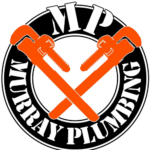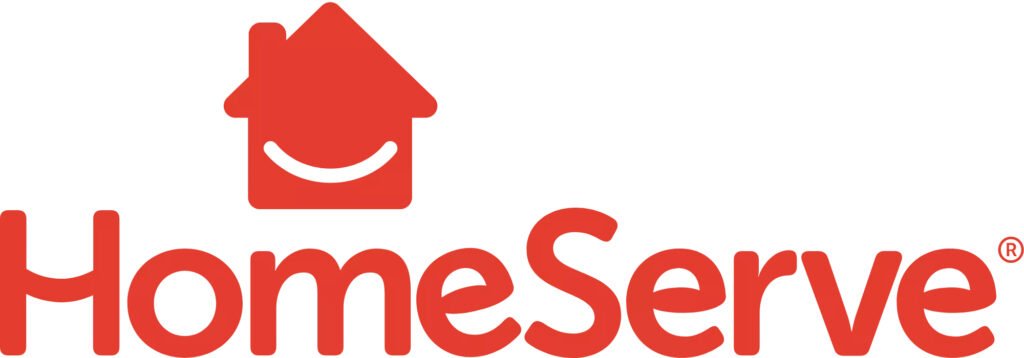As a professional working in the water treatment industry in Middletown, PA, I often find myself explaining the importance of water treatment technologies in Middletown PA. The quality of our drinking water is essential for our health and well-being. Understanding the various processes and systems involved in treating water can empower residents to make informed choices about their water supply.
In this article, I will provide an overview of water purification processes for PA residents and explore the different types of water treatment systems available. I will also discuss the significance of clean drinking water, DIY options for homeowners, and how to ensure compliance with water quality regulations. Let’s dive into the world of water treatment and discover how we can protect our health and environment.
Importance of Clean and Safe Drinking Water in Middletown
First and foremost, it is essential to understand the importance of clean and safe drinking water in Middletown. Water is a fundamental resource that affects every aspect of our lives, from cooking and cleaning to drinking and bathing. Contaminated water can lead to serious health issues, including gastrointestinal diseases and long-term health problems. Therefore, having access to safe water is crucial for our communities.
In Middletown, we rely on a combination of municipal systems and private wells. Understanding how water is treated and the potential contaminants present in our water supply is key to ensuring that we maintain good health.
Overview of Water Purification Processes for PA Residents
The overview of water purification processes for PA residents typically involves several key steps. Water treatment can vary depending on the source and quality of the water, but most systems follow a general outline:
- Coagulation and Flocculation: This is the first step where chemicals are added to water to help remove particles. These chemicals cause small particles to stick together and form larger clumps called flocs.
- Sedimentation: After flocculation, the water is allowed to sit, allowing the heavy flocs to settle at the bottom of the treatment tank. This process clarifies the water.
- Filtration: Once sedimentation is complete, the water is filtered through layers of sand, gravel, and charcoal to remove remaining particles and impurities.
- Disinfection: The final step involves adding chlorine or other disinfectants to kill any remaining bacteria, viruses, or pathogens in the water. This step is crucial for ensuring that the water is safe to drink.
By understanding these processes, residents can appreciate the complexities involved in providing clean drinking water.
Types of Water Treatment Systems and Their Functions
There are various types of water treatment systems and their functions, each designed to address specific water quality concerns. Here are some common types:
- Reverse Osmosis Systems: These systems use a semipermeable membrane to remove contaminants from water. They are effective in eliminating dissolved solids, heavy metals, and other impurities.
- Water Softening Systems: These systems are designed to reduce hardness in water caused by minerals like calcium and magnesium. Soft water can improve the efficiency of soaps and detergents and reduce scale buildup in plumbing.
- Activated Carbon Filters: These filters use activated carbon to remove chlorine, sediment, volatile organic compounds (VOCs), and unpleasant tastes and odors. They are commonly used in point-of-use systems.
- Ultraviolet (UV) Disinfection Systems: UV systems use ultraviolet light to kill bacteria and viruses without adding chemicals to the water. This method is increasingly popular for well water treatment.
Each of these systems has its own strengths and is suited to different water quality concerns, making it essential to choose the right system for your needs.
DIY Water Treatment Options for PA Homeowners
For homeowners looking to improve their water quality, there are several DIY water treatment options for PA homeowners that can be effective. Here are a few methods to consider:
- Activated Carbon Filters: You can install a countertop or under-sink activated carbon filter to improve the taste and odor of your water while removing chlorine and other contaminants.
- Water Boiling: Boiling water for at least one minute is a simple way to disinfect water. This method is especially useful during emergencies or when a contamination issue is suspected.
- Distillation: Home distillation units can purify water by boiling it and then condensing the steam back into liquid. This process effectively removes impurities, but it can be slow and requires energy.
- Rainwater Harvesting Systems: Collecting and treating rainwater can be an eco-friendly way to source water for non-potable uses, such as irrigation or washing.
While these DIY options can be effective, it’s essential to monitor water quality regularly and consider professional systems for comprehensive treatment.
Ensuring Compliance with Water Quality Regulations
Ensuring compliance with water quality regulations is vital for any water treatment system. In Pennsylvania, public water systems must meet strict standards set by the Environmental Protection Agency (EPA) and state regulations. These standards govern the levels of contaminants allowed in drinking water.
For private well owners, it’s crucial to conduct regular water quality tests to ensure safety. Testing for bacteria, nitrates, and other contaminants can help identify potential issues before they affect your health. If you suspect any problems, you can contact local health departments or water testing laboratories for assistance.
Benefits of Investing in Home Water Treatment
Investing in home water treatment systems offers numerous advantages. The benefits of investing in home water treatment include:
- Improved Water Quality: Home treatment systems can effectively remove harmful contaminants, providing cleaner and safer drinking water.
- Better Taste and Odor: Many water treatment systems enhance the taste and smell of water, making it more enjoyable to drink and use for cooking.
- Health Protection: With a reliable water treatment system, you can protect your family from potential health risks associated with contaminated water.
- Cost Savings: While there is an upfront cost for installation, the long-term savings on bottled water and potential health issues can make home water treatment a wise investment.
Comparing Water Filtration, Softening, and Purification Methods
When exploring water treatment options, it’s important to compare water filtration, softening, and purification methods. Each method serves a different purpose and addresses specific concerns:
- Filtration: This method removes particles, sediment, and some contaminants from water. It’s commonly used for improving taste and odor.
- Softening: Water softeners primarily target hard minerals, making the water easier on plumbing and improving the effectiveness of soaps and detergents.
- Purification: This process removes a broader range of contaminants, including bacteria and viruses. Systems like reverse osmosis and UV disinfection fall into this category.
Understanding these distinctions will help you choose the right system based on your unique needs and concerns.
Protecting Health and Well-Being Through Water Treatment
The ultimate goal of any water treatment system is to protect health and well-being through water treatment. Access to clean, safe drinking water is fundamental to maintaining good health. Contaminated water can lead to various health issues, including gastrointestinal infections, reproductive problems, and neurological disorders.
By investing in proper water treatment technologies, homeowners can ensure their families are protected from harmful contaminants. Additionally, educating yourself about water quality issues and treatment options empowers you to make informed decisions that benefit your health and the health of your loved ones.
Addressing Specific Water Quality Concerns in Middletown
Finally, it’s important to consider how to address specific water quality concerns in Middletown. Depending on your location and water source, you may face unique challenges. For instance:
- Iron and Manganese: These minerals can cause staining and unpleasant tastes in water. Filtration systems designed to remove these elements are essential.
- Nitrate Contamination: Agricultural runoff can lead to elevated nitrate levels in well water. Regular testing and appropriate treatment are necessary to ensure safety.
- Hard Water: Many areas in Middletown struggle with hard water issues. Investing in a water softener can alleviate problems related to scale buildup and appliance efficiency.
By understanding the specific water quality concerns in your area, you can choose the right treatment systems to effectively address them.
Conclusion
In conclusion, understanding water treatment processes is vital for residents in Middletown, PA. From exploring water treatment technologies in Middletown PA to recognizing the importance of clean and safe drinking water, it’s crucial to prioritize our health and well-being.
With a variety of types of water treatment systems and their functions available, homeowners can make informed choices that best suit their needs. Whether considering DIY water treatment options or investing in professional systems, ensuring compliance with water quality regulations will help keep our families safe.
By actively engaging in water treatment practices, we can protect our health, enhance our quality of life, and contribute to a healthier community. Understanding and addressing our specific water quality concerns is the first step toward ensuring safe drinking water for everyone.



